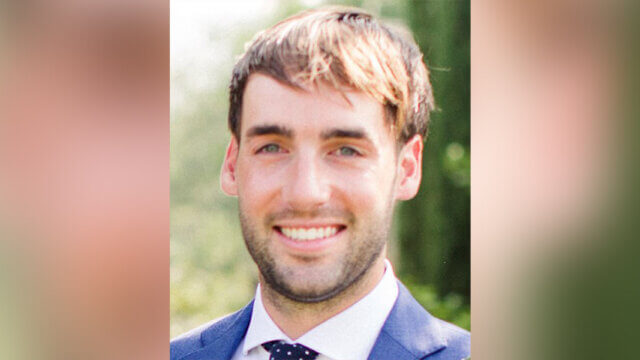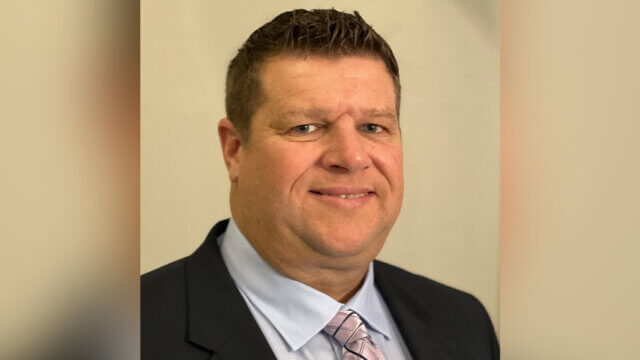By Emily Adams and Shubhra Mashelkar
Dozens of hotel- and motel-related entities are currently defending against civil lawsuits alleging financial benefit from sex trafficking in violation of the federal Trafficking Victims Protection Reauthorization Act (TVPRA). The defendants in TVPRA-centered lawsuits range from local franchisees and individual hotel management companies to international franchisors and brand parent companies. According to the 2019 Federal Human Trafficking Report published by the Human Trafficking Institute, civil human trafficking lawsuits more than doubled from 2018 to 2019. In 2019 alone, no less than 125 hotel/motel-related entities were sued in state and federal courts throughout the country in connection with human trafficking. The number of civil filings is expected to only increase as plaintiffs continue to receive rulings in their favor, as discussed beneath the “Recent Developments” heading below.
TVPRA and its Civil Application
First signed into law in October of 2000 under the Clinton Administration, the original Trafficking Victims Protection Act (TVPA) has been widely and effectively utilized to impose federal criminal liability on individuals who perpetuate human trafficking offenses (including forced labor and sex trafficking) and to provide expanded services and support to the victims of such crimes. Subsequent amendments to, and reauthorizations of, the original TVPA have continually expanded its scope. Of particular importance to the hotel and motel industry is the 2003 Reauthorization of the TVPA, which provided an avenue for civil lawsuits to be filed by a victim of human trafficking against the actual perpetrators “or whoever knowingly benefits, financially or by receiving anything of value from participation in a venture which that person knew or should have known has engaged in an act in violation of this chapter.”
Relying upon the TVPRA’s civil remedy mechanism, and believed to be the first lawsuit of its kind, a woman named Lisa Ricchio sued a Massachusetts motel and its managers in federal court in 2015 for allegedly benefitting financially from her forced sex trafficking. Ricchio also named the man who she alleged enticed and held her captive in the motel as a defendant alongside the motel and its managers. Ricchio settled with the motel and its managers in early 2020. During the pendency of her case, dozens of human trafficking lawsuits against hotel and motel entities were filed in state and federal courts throughout the country.
In December of 2019, plaintiffs in 38 human trafficking lawsuits pending in 12 different federal courts petitioned the United States Judicial Panel on Multidistrict Litigation to centralize the actions. The plaintiffs argued that their cases involved similar failures by the various hotel chains to prevent and respond to the alleged sex trafficking that occurred at the hotel properties. Specifically, the plaintiffs argued that the defendants “knew or should have known that plaintiffs were being trafficked, and that defendants participated and knowingly financially benefited by renting rooms to the alleged traffickers in violation of the TVPRA.” Ultimately, the panel denied the plaintiffs’ motion for centralization, finding that each plaintiff’s alleged sex trafficking involved more unique aspect issues (such as different geographic locales, different witnesses and different indicia of sex trafficking during differing time periods). As a result, the lawsuits alleging violations of the TVPRA (and in some instances, state anti-trafficking laws and/or state Racketeer Influenced and Corrupt Organizations (RICO) statutes) will proceed in a minimum of 12 district courts in the coming months.
Recent Developments
To date, TVPRA lawsuits against hotel and motel defendants have survived the motion to dismiss stage in Massachusetts, Ohio, Georgia and Pennsylvania federal courts. In addition to statute of limitations defenses, much of the Fed. R. Civ. Pro. 12(b)(6) briefing has focused upon the scienter or “knowing” component of the TVPRA, which provides a civil remedy against one who “knowingly benefits, financially or by receiving anything of value from participation in a [human trafficking] venture.” Most recently, the United States District Court for the Southern District of Ohio interpreted the statutory language as follows:
Defendants need not have actual knowledge of the sex trafficking in order to have participated in the sex trafficking venture for civil liability under the TVPRA, otherwise the “should have known” language in § 1595(a) would be meaningless. This Court finds Plaintiff has alleged sufficient facts to show Defendants “participated in a venture” under § 1595 by alleging that Defendants rented rooms to people it knew or should have known were engaged in sex trafficking.
Additional defense nuances include whether the entity is a franchisor or the operator/manager entity. For example, in a set of TVPRA cases pending in the Northern District of Georgia, plaintiffs, who are proceeding anonymously as Jane Doe 1, 2, 3, and 4, named a variety of defendants including local hotel operator/managers, franchisees, franchisors and corporate parent entities. United States District Court Judge McCrary “Billy” Ray dismissed certain defendants in April of 2020, explaining that:
Plaintiff has failed to allege that the Franchisor and Corporate Affiliate Defendants ever dealt with the Plaintiff herself, nor has she ever made any allegations that would make such interactions plausible. The fact that a franchisor may conduct inspections of a franchised property by itself is insufficient to impart knowledge of trafficking activity upon a franchisor or that a franchisor should have known of such trafficking activity.
The Georgia plaintiffs have appealed the dismissal of franchisor entities to the 11th Circuit Court of Appeals, and the Georgia plaintiffs’ claims against the franchisee and operator/manager defendants are stayed pending the outcome of the appeal.
Emily Adams is an attorney with the law firm of Weinberg Wheeler Hudgins Gunn & Dial LLC who principally focuses on complex commercial litigation with an emphasis on products liability, healthcare litigation and matters involving regulatory compliance. She can be reached at [email protected]. Shubhra Mashelkar is a partner with the law firm of Weinberg Wheeler Hudgins Gunn & Dial LLC who principally focuses on civil litigation with emphasis on product liability, environmental and toxic tort, professional liability and catastrophic injury. She can be reached at [email protected].
This is a contributed piece to Hotel Business, authored by industry professionals. The thoughts expressed are the perspective of the bylined individuals.




